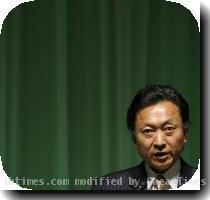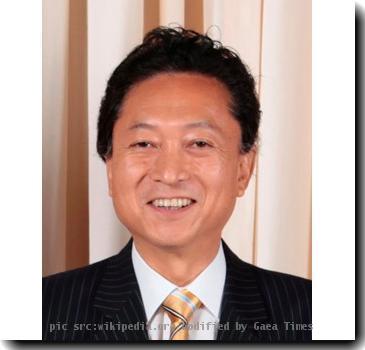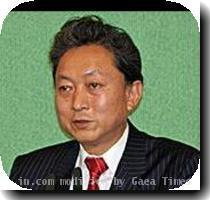Ambassador says US-Japan security pact, now in 50th year, is critical for regional peace
By Malcolm Foster, APFriday, January 29, 2010
US ambassador: US-Japan pact critical for peace
TOKYO — U.S. Ambassador John Roos defended U.S. troop levels in Japan Friday, saying their presence is essential for maintaining peace and prosperity in the region, and stressed the importance of a key Marine base whose delayed relocation has frayed bilateral relations.
In a speech at Tokyo’s Waseda University, Roos reaffirmed the importance of the U.S.-Japan security pact, now in its 50th year, under which nearly 50,000 American troops are stationed in Japan. He called them “front-line forces” in case of emergencies or regional security threats.
“Our alliance is the critical stabilizing force in this area of the world,” he said, highlighting China’s military modernization and North Korea’s missile and nuclear programs.
“A North Korea that falls into internal disarray would cause monumental security challenges to this region,” he said.
Prime Minister Yukio Hatoyama also offered Friday a ringing endorsement of Japan’s alliance with the U.S., despite the lingering uncertainty over the relocation of Futenma Marine air field on the southern island of Okinawa, where more than half the American forces are based.
He told parliament the alliance “has served an indispensable role” for Japan and for regional and global peace. “Its importance will not be changed,” he said.
He pledged to decide by the end of May on where to relocate the base.
In 2006, Washington and Tokyo agreed to move Futenma’s facilities to a less crowded, northern part of the island, as well as move 8,000 Marines to the U.S. territory of Guam.
But Hatoyama’s government, which swept to power last year, has balked at moving Futenma to the north — much to Washington’s frustration — and says it wants to review the U.S. military presence in Japan.
The victory last weekend of an anti-base mayoral candidate in the Okinawan city of Nago, where Futenma is to be moved under the 2006 plan, has only complicated matters.
For years, Okinawa residents have complained about base-related noise, pollution and crime, and many want the U.S. military presence on the island reduced — and Futenma moved off the island entirely.
Roos said that in the 2006 reorganization plan the two governments examined “virtually every conceivable alternative” before concluding that Nago was the best location.
He said that “given the trends in the security environment, Okinawa is becoming not less, but more important for the defense of Japan and the maintenance of peace in the region.”
Roos also said that Washington “is eager to work with Japan to create a more equal and effective defense partnership” that would be consistent with Japan’s pacifist constitution, but did not further elaborate.


